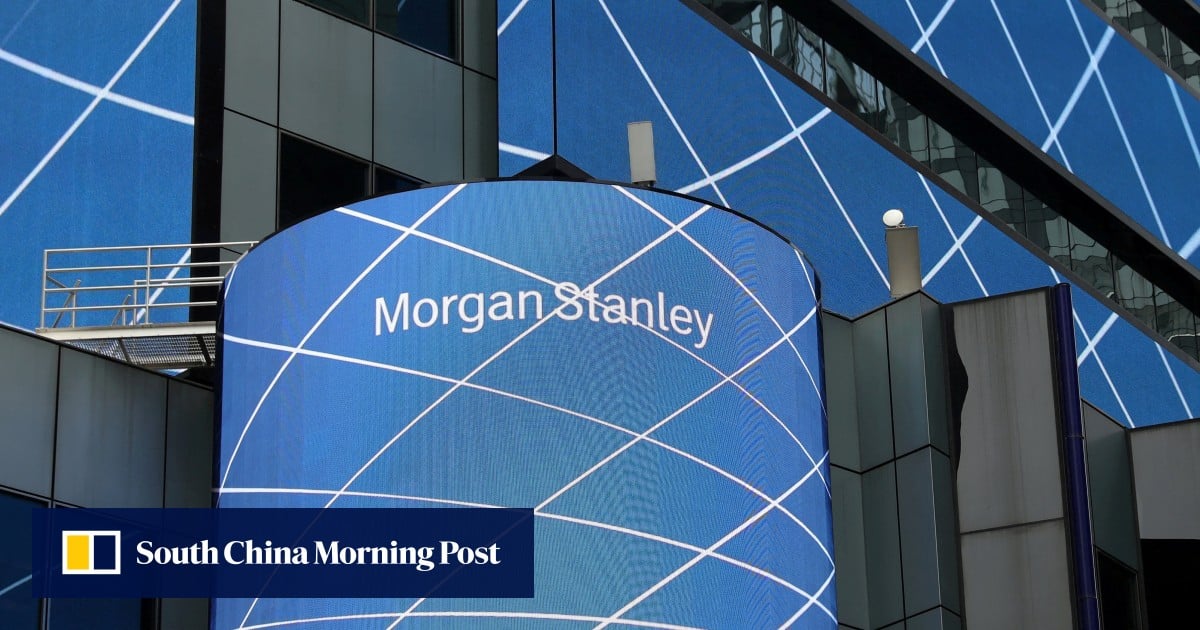TOKYO, Japan — Astellas Pharma is investing more than $100 million in a state-of-the-art American plant to produce a critical component of gene therapies, a hot new sector that is likely to grow significantly in the coming years. The factory in North Carolina will be the Japanese company’s second gene therapy manufacturing facility, following one in California. It is expected to begin operations in late 2022. The upgraded infrastructure will aid in the commercialization of a number of gene therapy candidates that are expected to treat ailments where conventional treatments have failed. Astellas hopes to turn gene therapies into a growth category that will fill the sales void left when existing medicine patents expire. The plant in North Carolina will make viral vectors for delivering synthetic genes. The California facility will be in charge of creating viral vectors, making the United States the epicenter of gene therapy development. Astellas has a gene therapy candidate in development to treat congenital myopathy, a muscular condition that appears in childhood. Clinical trials are currently started in the United States, and Astellas plans to submit an application for approval as soon as the fiscal year that ends in March 2023. The target date for commercialization is 2024. In addition, Astellas would invest 200 billion yen ($1.81 billion) in R&D into cell therapy and other cutting-edge therapies through fiscal 2025. It will also increase the amount of money invested in this field’s output. “If gene therapies and other sophisticated medicines can be established in the next decade, a paradigm change will occur, allowing for the complete cure of intractable diseases,” said President Kenji Yasukawa. Through fiscal 2025, Astellas expects to pursue clinical studies for seven candidates, with the goal of bringing the most promising to market. The company’s decision to invest in gene therapy is motivated by the impending expiration of important drug patents. For example, sales of the Xtandi prostate cancer medication are expected to drive companywide sales until roughly 2026, after which they are expected to drop considerably. According to British business intelligence firm Evaluate, the global market for gene therapies will reach $19.7 billion in 2026, more than 20 times its size in 2020. Astellas has been buying companies in the area to take advantage of the growing market. In January 2020, Astellas acquired Audentes Therapeutics, a gene therapy company based in the United States, for roughly 300 billion yen. In the future, technologies acquired through acquisitions will aid in the commercialization of medicines. In fiscal 2030, Astellas intends to earn at least 500 billion yen in sales from cell therapy and other advanced treatment alternatives, in addition to gene treatments. In the fiscal year that ended March 31, its overall group revenues were 1.25 trillion yen. The goal is to use the increased money to compensate for sales lost due to expired patents. Western competitors, on the other hand, are further forward in gene therapy research and development. Astellas will most likely need to exceed the competition in terms of product quality and speed in order to build the market in accordance with its business strategy. Novartis has previously launched the Kymriah leukemia treatment and Zolgensma, a gene therapy for spinal muscular atrophy, on the global market. The Lucentis retinal disease treatment has been commercialized by Roche, another Swiss company. Competitors in Japan are also investing heavily in gene therapies. Otsuka Holdings and Takara Bio are collaborating on a synovial sarcoma therapy. Another issue that Astellas is dealing with is the high cost of gene treatments. Not only is R&D expensive, but manufacture costs more than medications made from chemical molecules./n
Read MoreAstellas bets on gene therapies with $100m plant in US
2021-07-13T17:22:27-04:00July 13th, 2021|





